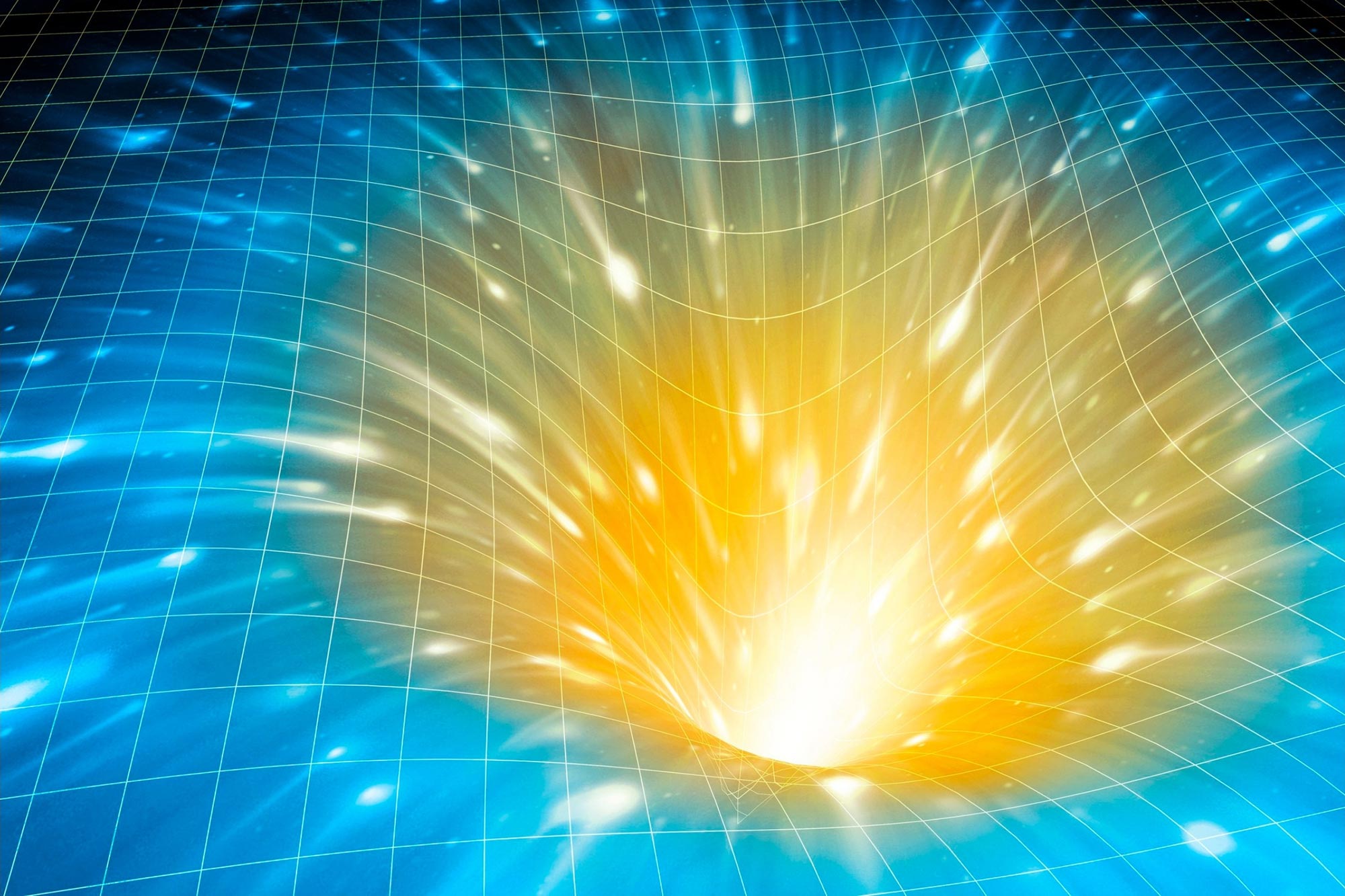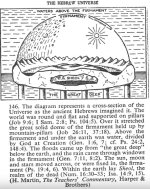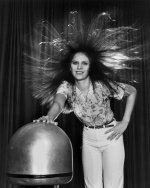SteveB
Well-known member
I have to admit, I never thought I'd see this.

A quantum property dubbed ‘magic’ could be the key to explaining how space and time emerged, a new mathematical analysis by three RIKEN physicists suggests.

Quantum “Magic” and Black Hole Chaos Could Help Explain the Origin of Spacetime
Physicists relate the quantum property of ‘magic’ to the chaotic nature of black holes for the first time. A quantum property dubbed ‘magic’ could be the key to explaining how space and time emerged, a new mathematical analysis by three RIKEN physicists suggests. It’s hard to conceive of anyth
scitechdaily.com
A quantum property dubbed ‘magic’ could be the key to explaining how space and time emerged, a new mathematical analysis by three RIKEN physicists suggests.


